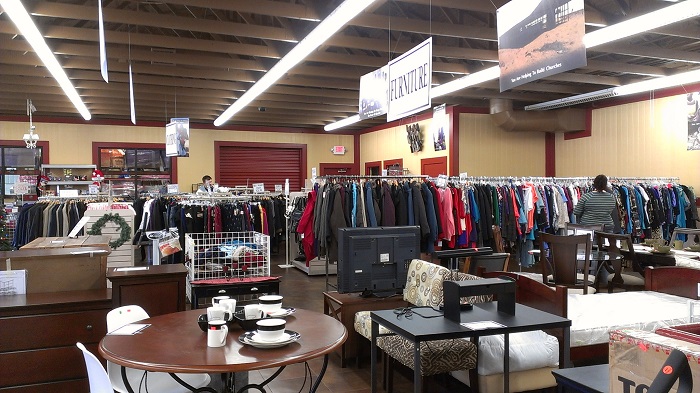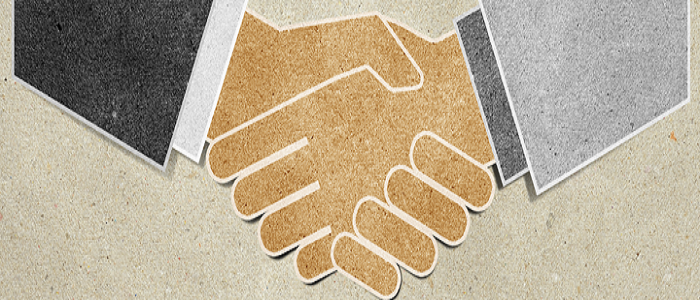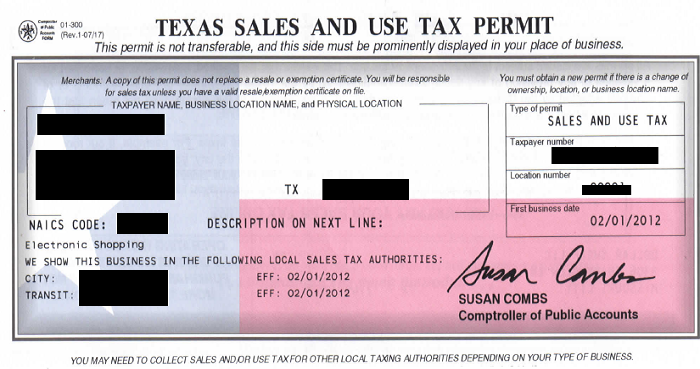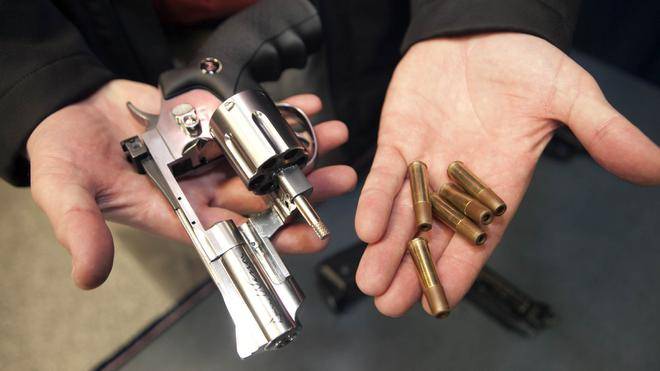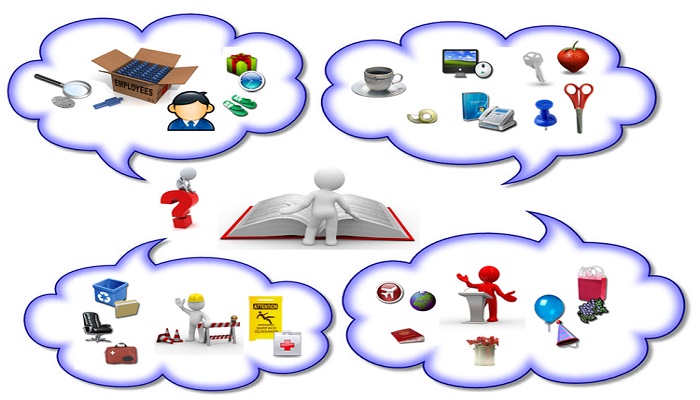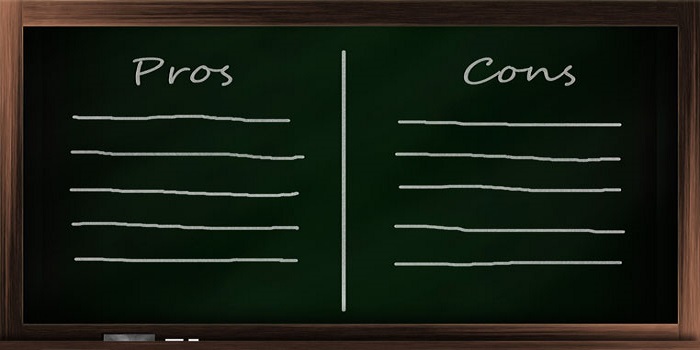Although it's not an effortless money-making scheme by any means, buying items at storage auctions and reselling them online or through a store front can be one great way to make a home business. As you buy more items, you can expand your business and increase your profits.
The key to profiting from any type of resale business is to choose items that will sell quickly and make a decent profit. Smaller items that will move quickly can have a narrower profit margin because they're not as expensive to store. If you're buying large items that must be stored or won't sell quickly, you'll need something with a larger profit margin.
The items you choose for resale will depend in part on your interests and background. If you're particularly knowledgeable in a certain area, it'll be easier for you to find profitable items within that category. For people without those specializations, here are a few tips for easy-to-sell items to keep an eye out for at storage auctions, estate auctions and other sales:
Antiques. This is something you need some experience in, because not all old antiques are worth much money, but the valuable ones can be a gold mine. Bear in mind that antiques might require storage space and special conditions to prevent damage, so you'll want to be careful and not collect too many at a time. It's a good idea to start with a specific area of interest and expand as you learn more about antiques.
Electronics. Electronic devices like computers and gaming systems sell quickly, and new models can be quite valuable. Older models lose value quickly, but very old systems start to gain worth as antiques. For example, you can often restore and sell first-generation gaming systems to collectors for a fair price.
Jewelry. It's hard to tell if a storage unit has jewelry in it at first glance, but it's always a good profit-maker. If the jewelry itself isn't valuable, it can be be sold for the gold or silver it contains. Other bits of scrap metal are also worth looking out for.
Appliances. Large appliances and furniture are common finds in storage units, and they can sell quite well. You do need enough space to store them, though, and the willingness to haul them. The best thing about appliances is that they don't depreciate as quickly in value as other electronic devices; as long as the item is in good working order, you can sell it for a decent price and make a profit on your investment.
Other types of items can sell for an excellent profit as well depending on where you're selling them and what you can find. By starting with a few key items that you look out for and sell routinely, you can begin building a network of buyers. Over time, you can add more items as you learn more about auctions; this will allow your business to grow organically without costing too much in the beginning.

